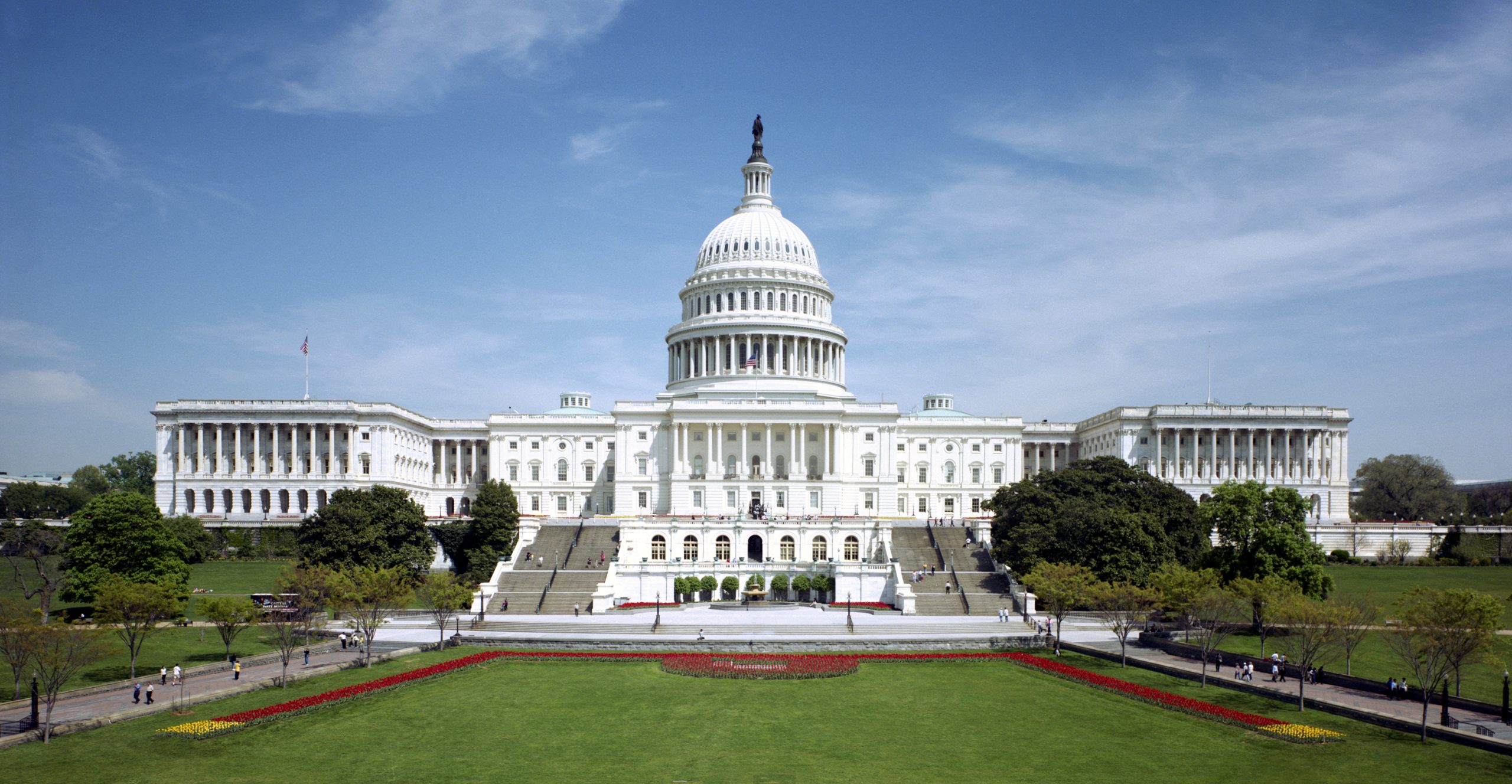Charities face a new 21-percent tax in the coming weeks if Congress does not repeal a provision in the 2017 Tax Cuts and Jobs Act (TCJA). The House Ways and Means Committee listened to hours of testimony during a hearing Wednesday morning on “The 2017 Tax Law and Who It Left Behind.”
Section 512(a)(7) of the tax law would impose an unrelated business income tax (UBIT) on the expenses of nonprofits that provide employees with transportation benefits, such as, transit passes and parking. Nonprofits have been given little guidance in how to calculate the UBIT. Failure to pass any of the multiple bills proposed by members of both parties will mean that nonprofits have a new tax bill due April 15.
“There is not a single representative or senator who thinks this tax on nonprofit transportation benefits should survive, yet it appears that this truly nonpartisan fix is being held hostage by political jockeying,” said David L. Thompson, vice president of public policy for the National Council of Nonprofits. “America’s nonprofits understand that politics often gets in the way of progress, but right now, that’s not a satisfying answer to the people – in the real world – who will be hurt by congressional inaction,” he said. “This nonsensical tax must be repealed before April 15.”
A report by Independent Sector (IS) estimates that the new tax would divert an average of $12,000 annually from a nonprofit’s mission. About 10 percent of nonprofits are considering dropping transportation and parking benefits altogether, even though employer-provided benefits are mandated in some metropolitan areas, like Washington, D.C., New York and San Francisco, according to the study.
Toward the end of yesterday’s 4-hour, 35-minute hearing, the UBIT issue was brought up by Tom Suozzi (D-N.Y.). The congressman representing the north shore of Long Island is among the co-sponsors of House legislation to repeal the tax.
“One other group that’s been left behind are charities and not-for-profits. As hard as it is to imagine, as part of this tax bill there’s a new tax on charities, and not-for-profits. If you are a religious institution, you’re a church, a synagogue, or you’re a mosque, and you give parking permits to your employees, or if you give them transportation allowances, they have to pay taxes on it now,” he said. “And not just the cost of the taxes, now you have to hire an accountant who will help you fill out tax forms. It seems like they were left behind and that they were really never considered in this process,” Suozzi said.
The House voted to repeal the tax as Section 505 of the year-end tax bill late last year, according to the National Council of Nonprofits. Three bills have been introduced in the House to repeal the tax with similar bipartisan legislation pending in the Senate:
- H.R. 513, sponsored by U.S. Rep. Mike Conaway (R-Texas), was introduced Jan. 11;
- H.R. 1223, sponsored by House Majority Whip James Clyburn (D-S.C.), introduced Feb. 4;
- H.R. 1545, sponsored by Rep. Mark Walker (R-N.C.) and Tom Suozzi (D-N.Y.), introduced March 5.
All three bills have been referred to the House Ways and Means Committee.
Among the witnesses who testified at yesterday’s hearing were Elise Gould, senior economist at the Economic Policy Institute (EPI); Jason Oh, professor of law at the UCLA School of Law; Christopher M. Shelton, president, Communication Workers of America (CWA); Nancy Abramowitz, professor of law and director of the Janet R. Spragens Federal Tax Clinic at the American University Washington College of Law, and Douglas Holtz-Eakin, president of the American Action Forum (AAF) and former director of the Congressional Budget Office.
“Today, the Committee begins its long overdue examination of the 2017 tax law that Republicans passed in a mere 51 days, without any hearings or expert witness testimony,” Chairman Richard Neal (D-Mass.) said in a prepared opening statement. “More than a year after the passage of a $2.3-trillion tax giveaway, this will be the first time we will have a thorough review of the new law and its impact on American families and the economy,” he said.
In his opening prepared statement, Ranking Member and former chairman Kevin Brady (R-Texas) said it’s still relatively early to judge the full impact of tax reform. “The early signs are extremely encouraging, ones that both parties should welcome,” he said. “Can we do more to help grow our economy and fine tune the tax code so it achieves even more? Absolutely, and we welcome constructive, bipartisan ideas on how to grow more jobs and provide more opportunities for Americans willing to work,” he said.










